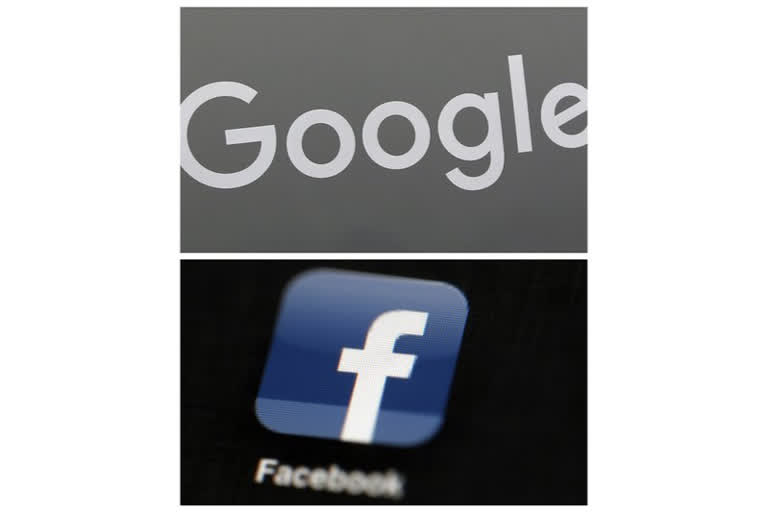Washington:As a wave of antitrust actions surges against Google and Facebook, states in two lawsuits are stretching beyond the cases made by federal competition enforcers to level bold new claims. The states are taking new legal approaches as they join the widening siege against the two once seemingly untouchable behemoths.
It was the third antitrust salvo to slam Google in the past two months. The U.S. Justice Department and attorneys general from across the country are weighing in with different visions of how they believe the company is abusing its immense power in ways that harm other businesses, innovation and even consumers who find its services indispensable.
And last week, the Federal Trade Commission and 48 states and districts sued Facebook. They accuse the social media giant of abusing its power in social networking to squash smaller competitors — and seeking remedies that could include a forced spinoff of its prized Instagram and WhatsApp messaging services.
“There’s not been a cluster of cases of this significance since the 1970s,” said William Kovacic, a law professor at George Washington University and a former chairman of the Federal Trade Commission, pointing to the recent spate of antitrust actions by the states, the Justice Department and the FTC. “This is a big deal.” The DOJ brought an antitrust suit against AT&T in 1974 that led to its breakup.
Read:|Ten US states sue Google for 'eliminating competition'
The new lawsuit announced by Colorado Attorney General Phil Weiser echoes the allegations levelled earlier by the Justice Department against Google’s conduct in the search market. But it goes beyond them and adds important new wrinkles: It also seeks to stop Google from becoming dominant in the latest generation of technology, such as voice-assistant devices and internet-connected cars.
And, it claims, the company discriminates against specialized search providers that offer travel, home repair and entertainment services, and denies access to its search-advertising management tool to competitors like Bing.
The lawsuit was filed in federal court in Washington by the attorneys general of 35 states as well as the District of Columbia and the territories of Guam and Puerto Rico.
“Consumers are denied the benefits of competition, including the possibility of higher quality services and better privacy protections. Advertisers are harmed through lower quality and higher prices that are, in turn, passed along to consumers,” Weiser said in announcing the action.
Google’s director of economic policy, Adam Cohen, said in a blog post that big companies should be scrutinized and Google is prepared to answer questions about how it works.
